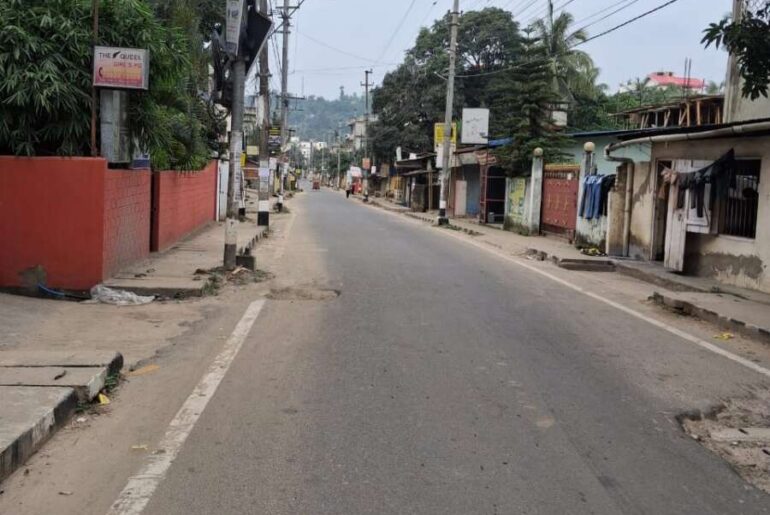Widow Street. Quite a macabre name, isn’t it? The name doesn’t exist in any official document. But this was how the story goes. In the fringes of the town of Guwahati, more than seventy years ago, a country road stretched between vast farmlands owned and tilled by unlettered Karbi tribesmen. They lived in modest houses made of bamboo and hay in the surrounding hills. During the sunny afternoons under the shade of the coconut plantations, the tribesmen would take a break from their farming and sit down for lunch. Their food was very traditional. A plate of boiled rice. A bowl of fish soup. A small bunch of chopped vegetables. And occasionally pork and chicken. Fish were caught from the nearby Bahini River. Lunch was usually brought down from the hills by their womenfolk in bell metal utensils. Later, they would go back to working in their ancestral fields, growing…
I have read many a sad page, seen many a teary-eyed motion picture, but I had never known what grief was really like until…
John C. Krieg is a retired landscape architect and land planner who formerly practiced in Arizona, California, and Nevada. He is also retired as…
Published by Abington House, USA, “One Long Journey” is primarily a story of survival and hope in the face of adversity and social upheaval,…
English poet Derek Sellen has won the 7th Five Words International Poetry Contest for his poem Betty Fox is Skipping. He is reputedly the first…
Christopher Fielden, who is based in Bristol in the United Kingdom, is a prolific writer and blogger and a drummer to boot. He organizes…
The 10th Anniversary Edition of the Goa Arts & Literature Festival in association with Goa Writers & Directorate of Art & Culture, Government of…
Eastern Muse and Tamna were released at Ukiyo Festival, Imphal, on Saturday, the 12th of October, 2019 by Dhruba Hazarika, President of North East Writers’ Forum…
Geralyn Pinto is a rising talent in English letters. She won the Third Prize in the 2013 International Shakespearean Creative Writing Contest organized by…











